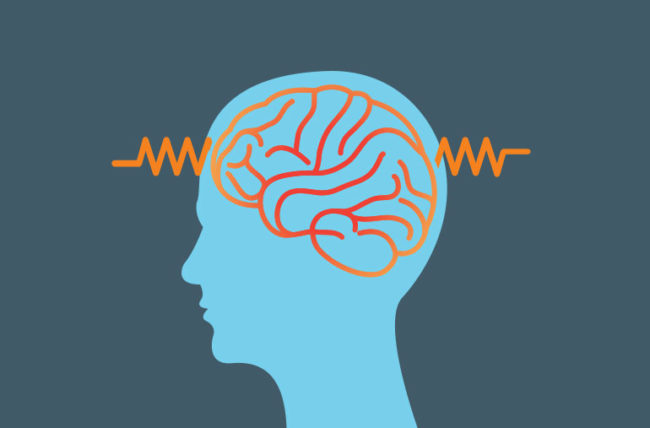Published in the American Journal of Physiology-Cell Physiology, researchers associated with the American Physiology Society concluded that microglia may be beneficial in reducing the severity of epileptic seizures.
“Little is known whether microglia take part in the regulation of acute neuronal excitation and ongoing epileptic behaviors,” according to researchers.
“We proposed that if microglia are innately ready to respond to epileptic overexcitation, depletion of microglia might alter neuronal excitability and severity of acute epileptic seizures.”
Based on their findings, initiated in mouse models, researchers indicated that microglia may serve sort of like a protective role against seizures, protecting neurons from excitotoxicity-induced degeneration. Depletion of microglia was synonymous with increased acute seizures and hippocampal neuronal degeneration.
“We found that microglia depletion by PLX3397, an inhibitor of CSF1R, exacerbates seizure severity and excitotoxicity-induced neuronal degeneration, indicating that microglia are rapidly responsive to the change of excitation/inhibition homeostasis and participate in the protection of neurons from overexcitation,” the co-authors concluded in their findings.


